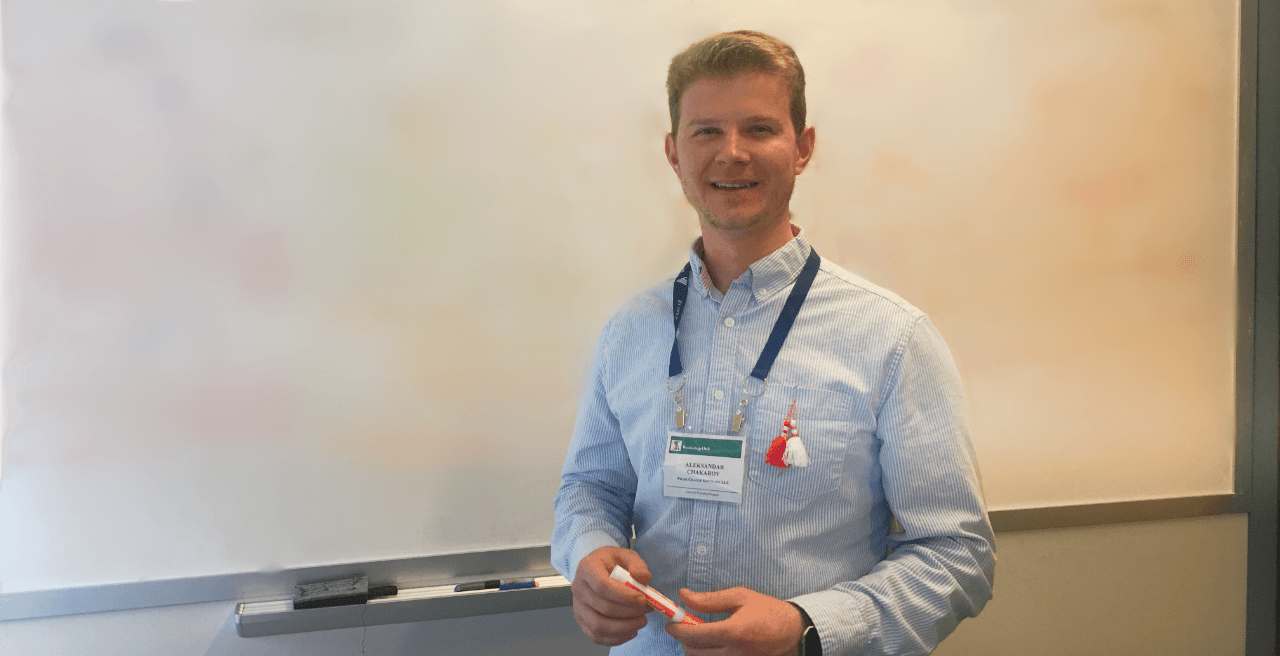Phase Change scientists present natural language chat interface paper at AAAI Conference – blog
Research Scientist Aleksander Chakarov, Ph.D., presented a recently published Phase Change workshop paper at the 32nd AAAI Conference on Artificial Intelligence in February. The AAAI conference is held each spring by the Association for the Advancement of Artificial Intelligence (AAAI) nonprofit and scientific society to promote research in artificial intelligence (AI) and scientific discussion among […]
